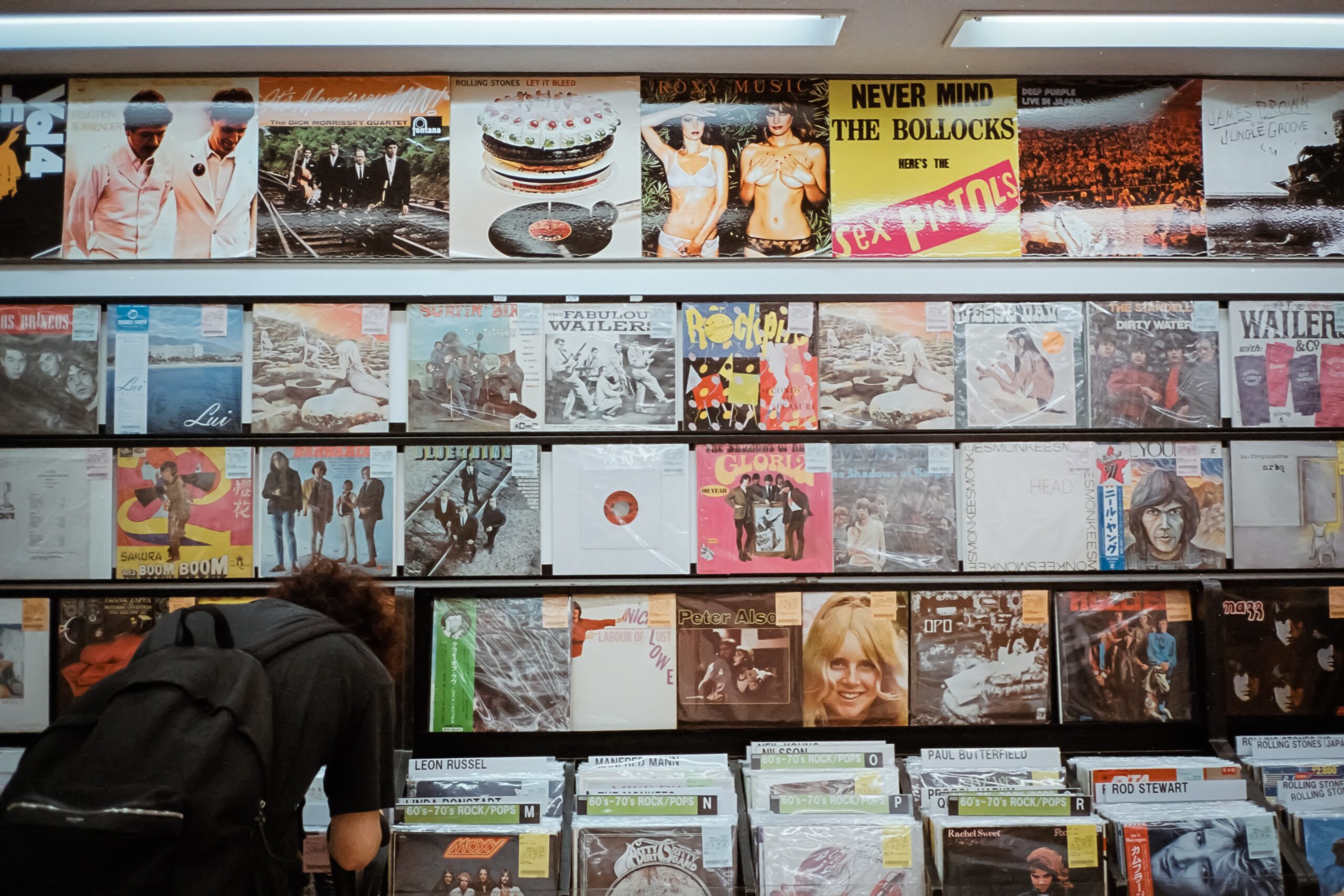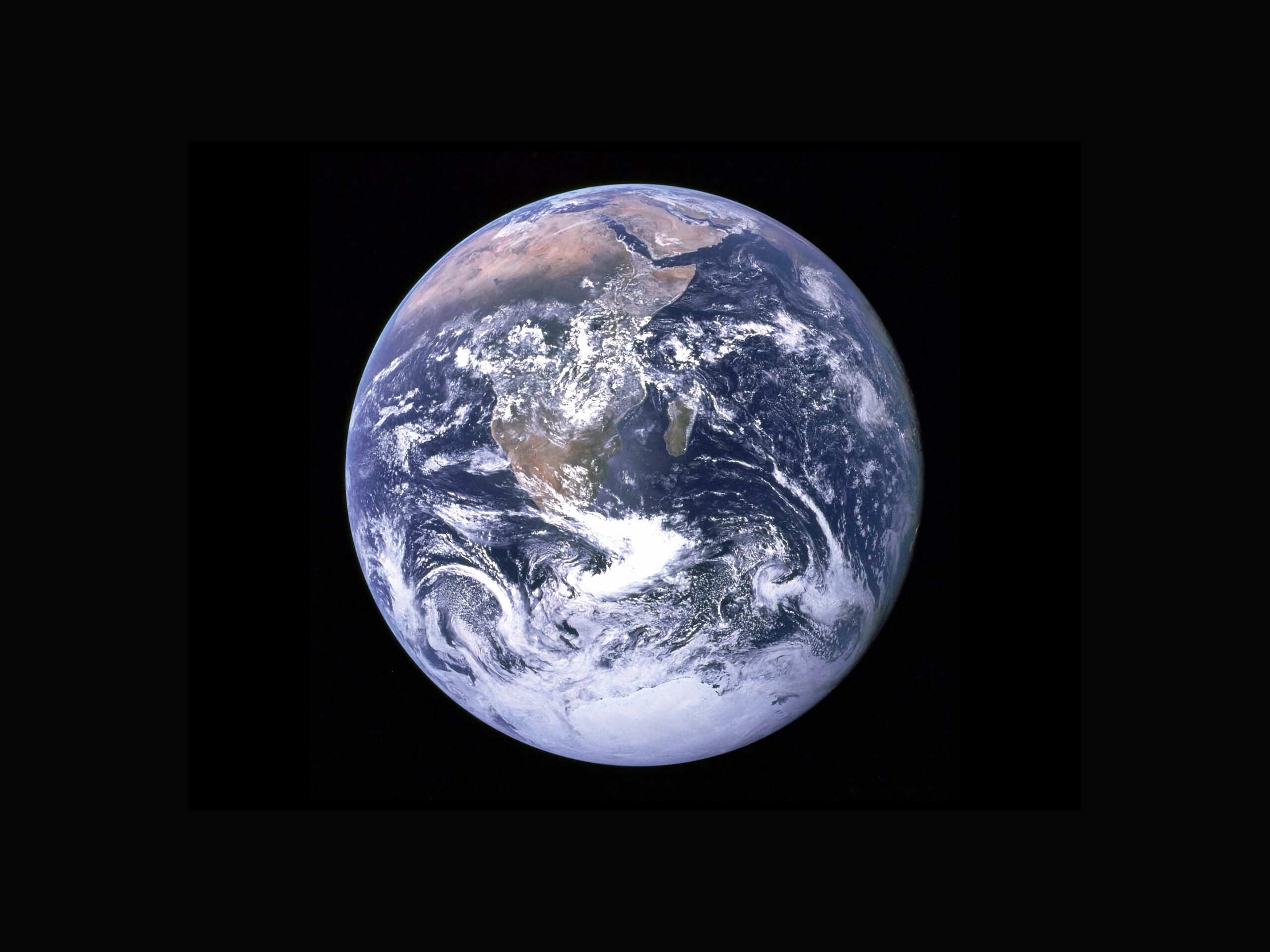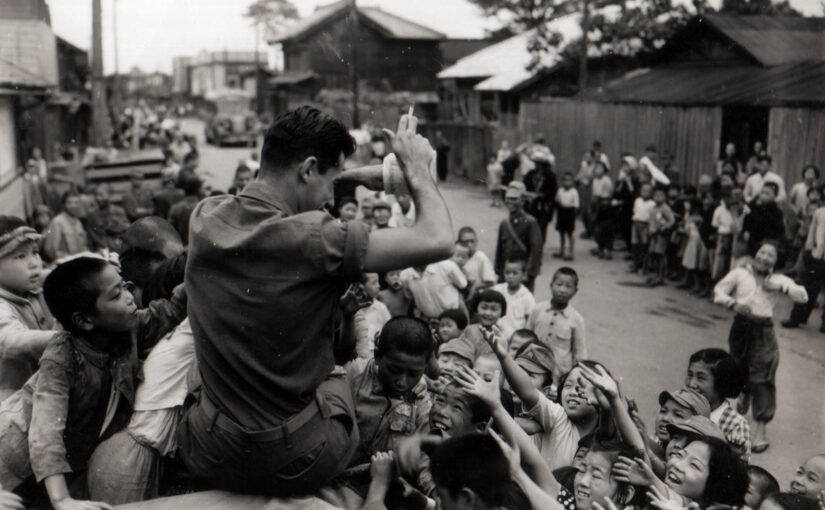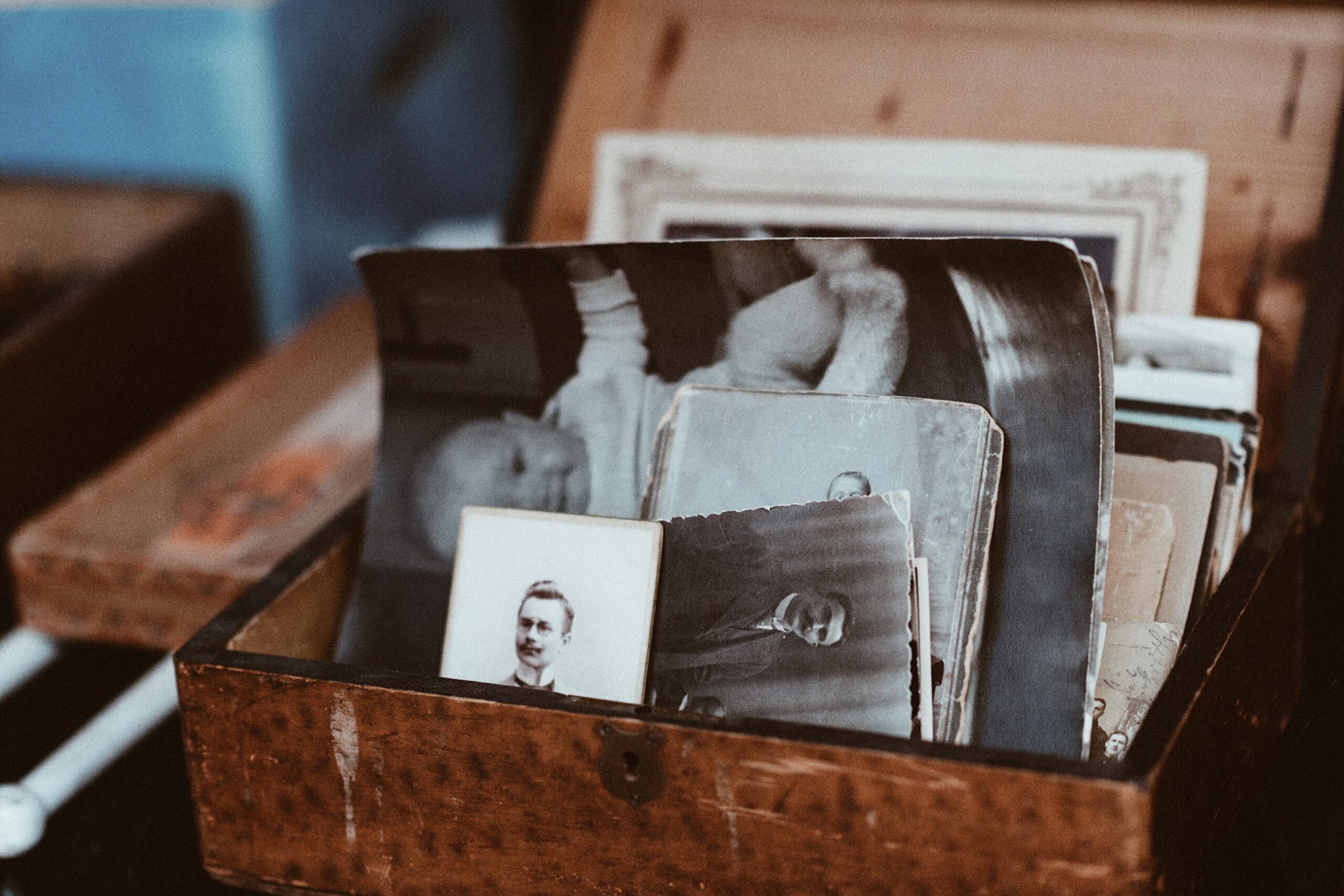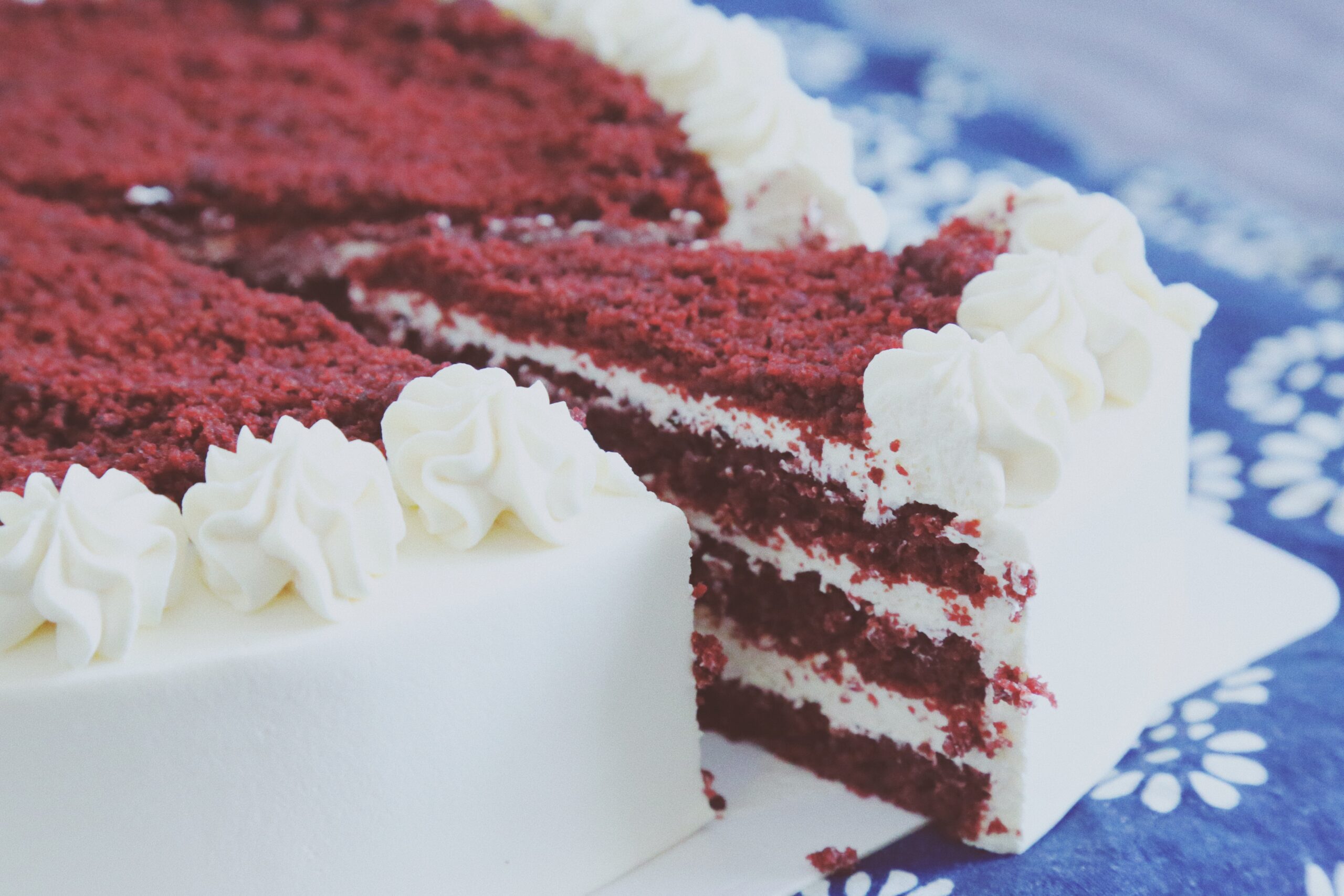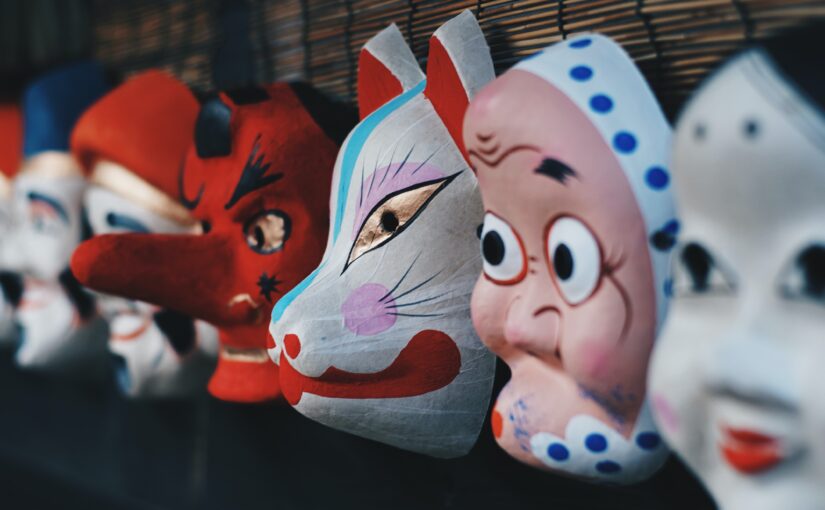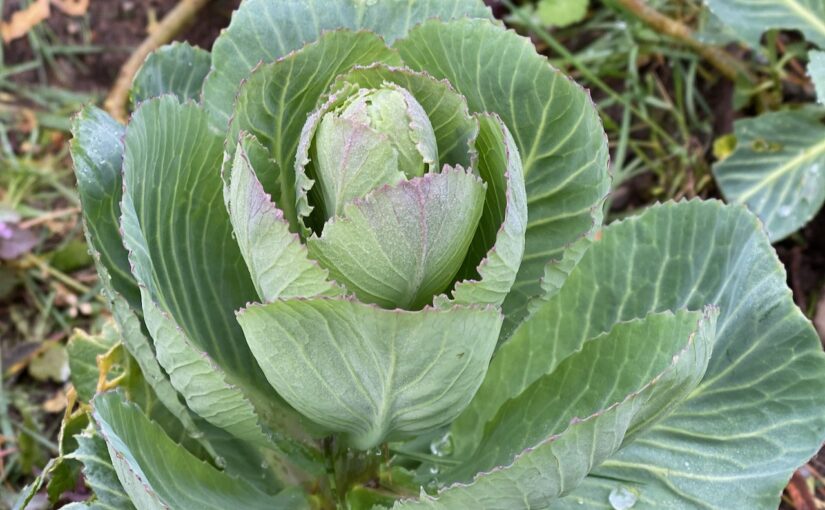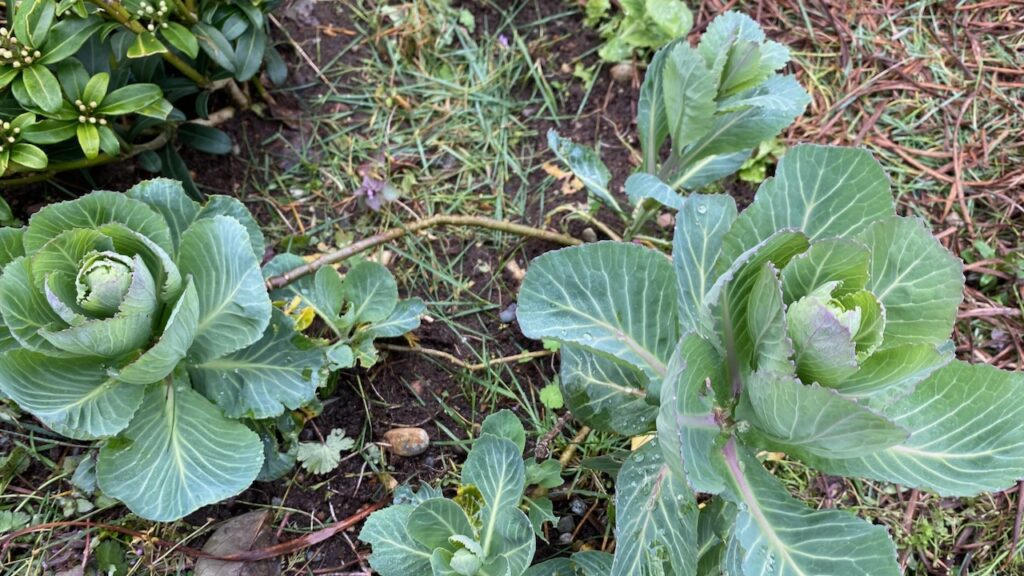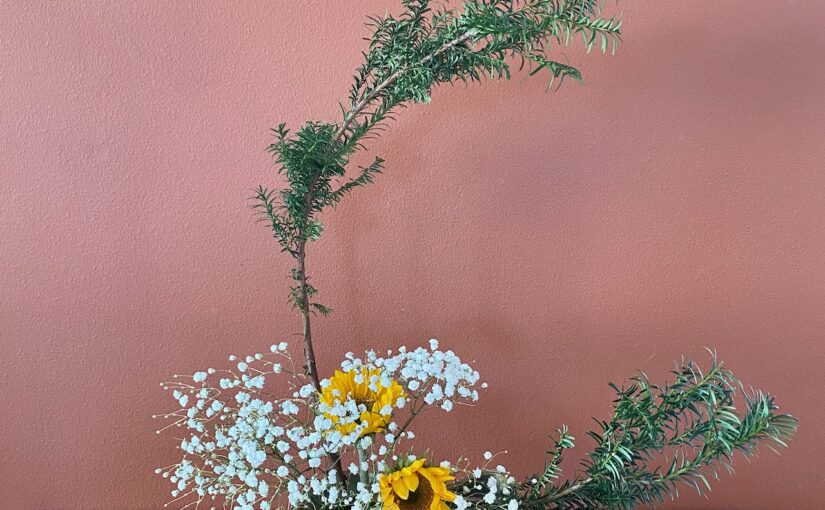Day 8 of 30-Day Writing Challenge
Photo by Ozgu Ozden on Unsplash
I got to the restaurant a little early.
I had never been there, and I wanted to make sure I would have enough time to find a parking space and to walk there.
The person I was meeting with texted me she was running a little late, so I had a slack of time. As anyone would do lately, I took out my cellphone and was going to read one of the news, so I thought.
The restaurant was almost empty, with only two other parties. The volume of the music was just about right, not to bother my reading. The melody sounded familiar. I went back to reading.
The next song was another familiar melody, an old song. I kept on reading. The next song…
Wait! They are all hit songs between the summer of 1978 and 1979.
I know 100% sure, because that was my senior year in high school! The only year I spent in a small town called Grove City, PA, as an exchange student from Japan.
I used to dance to the music. With whom? With this classmate and that classmate. Where? In the school auditorium and at the cafeteria What was I wearing? Oh, that check flannel shirt the white overalls! Yes, that Dairy Queen store! Mr. Naples! Miss Stuck! Oh my! My mind was filled with everything Grove City.
Through the window I saw the person I was meeting approaching hurried at the entrance door. I turned to the waiter and asked her, “Which radio station are you playing?” She said, “I don’t know if it’s a radio station. I know the owner choses the music.”
I didn’t confirm it, but I bet the owner is the same age as me.
The power of music.
